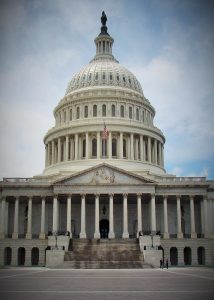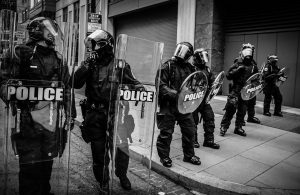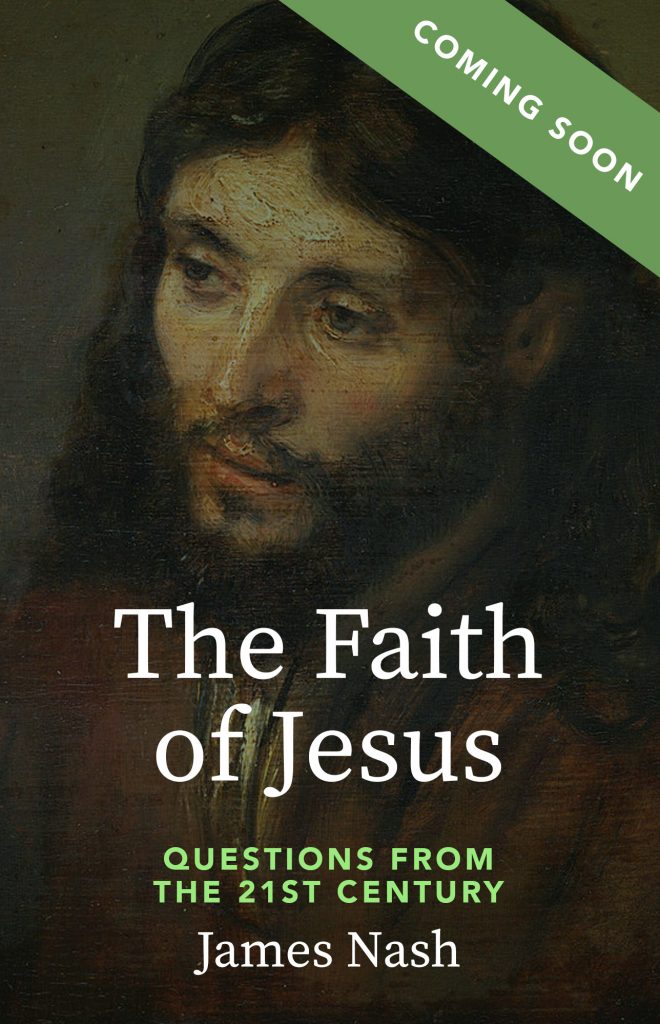\

Why Is it a Bad Idea for Church and State to Be Too Close?
Some of our elected representatives are questioning America’s traditional separation of church and state. On Tuesday, after winning her primary, Rep. Lauren Boebert (R-Colo) said, “I’m tired of this separation of church and state junk.” https://www.theguardian.com/us-news/2022/jun/29/republican-lauren-boebert-wins-colorado-primary-church-state
I’m a committed Roman Catholic and I am grateful our Constitution forbids Congress from establishing any particular religion. Let’s start with this question: If we are going to end the separation of church and state, which church are we talking about? With all due respect, I hope it is not Rep. Boebert’s church! Only a few days ago she made an offensive joke, telling us that Jesus could have avoided crucifixion if he had a few AR-15 assault rifles. https://www.huffpost.com/entry/lauren-boebert-jesus-ar-15s_n_62aa02e3e4b06169ca93a9a4
Jesus’ rejection of violence is at the heart of his life, mission and message for us. My reading of the Gospels and my faith convince me of this, and I know I am not alone. I wrote about this in an earlier blog post. https://thefaithofjesusbook.com/2022/06/25/13th-sunday-of-ordinary-time/
Another obvious practical problem with uniting church and state is the presupposition that when we are speaking about religion we mean Christianity. Plenty of religious Americans do not go to church, but go to synagogues, mosques, or other houses of worship. And of course many of us are not religious at all.
A Catholic Reason to Keep Church and State Apart
The separation of church and state is complicated, however. Sometimes the government may go so far in keeping religious faith separate from the government, that the free exercise of religious faith is suppressed. The first amendment to our Constitution states, “Congress shall make no law respecting an establishment of religion, or prohibiting the free exercise thereof…” Our country has struggled for years over the issue of whether allowing prayer in public schools violates the “no establishment” provision, or if prohibiting prayer infringes on the “free exercise” clause. Can tax dollars be used even indirectly to support religious schools? The Constitution gives us two important principles, but they can collide at times. The devil is in the details!
As long we live under our Constitution, the debate over where to draw the line between the establishment and free exercise clauses will probably never end. I think that is wonderful! Democracy is about dialogue and debate, and keeping these two values in a creative tension helps to preserve our God-given freedom.
Ending the separation of church and state raises many practical problems.
For Catholics at least, and maybe for many other Christians, there is another more theological reason to cherish our nation’s Constitution and its guidance of how government and religion must relate to one another. It is largely thanks to the American experience and the work of American theologian John Courtney Murray, SJ that the Church affirmed the universal right to religious freedom at Vatican II, in the landmark document Dignitatis Humanae. Previously, the Church had begrudgingly accepted religious pluralism as an expedient or necessary concession, but had maintained the position that a confessional Catholic state was the ideal.
Murray, and his allies, argued that the right to religious freedom was actually something positive and necessary, an essential part of human dignity and central to the mission of Jesus. They faced some fierce opposition from conservatives at Vatican II. But Murray, and the American experience carried the day. The right to religious freedom is one of the most wonderful gifts our country has given to the Church and to the world!
Why is the right to religious freedom so deeply tied to Jesus’ life and mission? The answer brings us back to Rep. Boebert’s tasteless joke about Jesus and assault rifles. Jesus consistently refused to use violence to coerce belief in his mission and message. He stopped his disciples from using violence to defend him from crucifixion. He refused to ask God to send down legions of angels to prevent his death.
Our government, and all governments, are founded on coercive force. The police have the power to kill you. The courts have the power to force you to go to prison. We have the most powerful armed forces in the world. To mingle violence with Christian faith would be a betrayal of what Jesus lived and died for.
That is, for me, the deepest and most powerful reason why I want to keep church and state not totally separate, but far apart.

Image by StockSnap from Pixabay



Good discussion on this topic. The founders of our country knew how oppressive a “state” church could be. Many of the early colonies were established because of this oppression. The Puritans, for instance, came to the new world in order to have religious freedom. Eventually, they established the colony of Massachusetts. State religion can easily become repressive, and often does become so. The founders knew that all too well. Thus they wisely decided that there should be freedom for all religions in this new experiment called the United States. I, too, like you, think that the tension between church and state is actually a good thing.
Excellent post. I certainly love this website. Continue the good work!